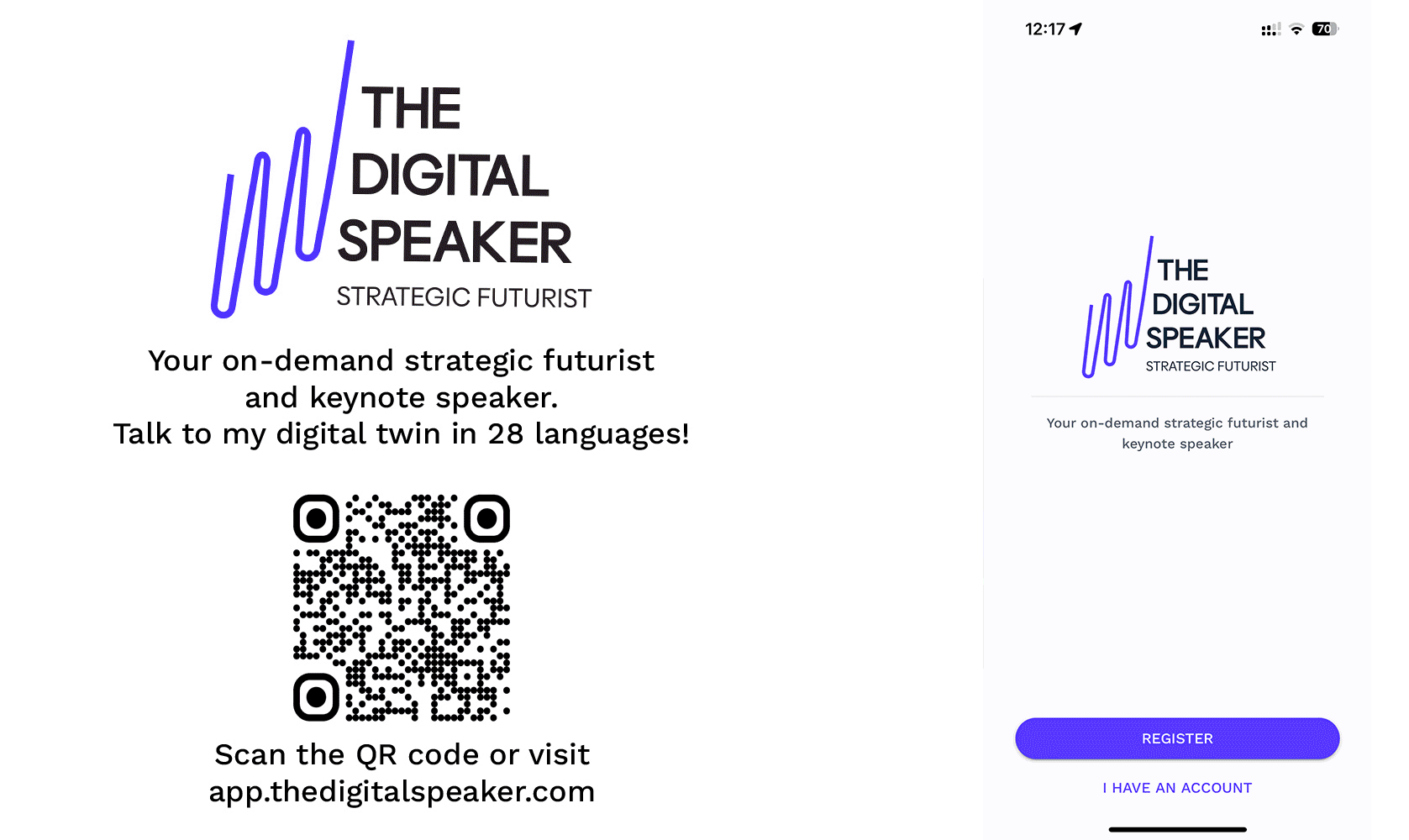Med-Gemini: Revolutionizing Medicine or Just Another AI Hype?

Google just launched Med-Gemini, its latest medical AI marvel, claiming superior performance over its predecessors and competitors, including OpenAI's GPT-4.
Tailored specifically for healthcare, Med-Gemini excels in interpreting the nuanced context of medical dialogues, crucial for accurate diagnosis. By breaking away from a one-size-fits-all model and using a family of specialized models, it promises enhanced accuracy and interpretability.
Med-Gemini is an advanced suite of AI models developed by Google and DeepMind, designed to enhance healthcare applications. Med-Gemini is noted for their exceptional performance across a range of medical benchmarks, significantly outperforming earlier models like GPT-4 and Med-PaLM 2.
Med-Gemini's key innovation lies in its ability to handle the intricate context and temporality of medical data, which has been a longstanding challenge for AI in healthcare. Traditional AI models often struggle with the nuanced and complex nature of medical documentation and decision-making, which can vary dramatically from one case to another. Med-Gemini addresses these issues by employing a family of models, each tailored to specific medical domains, enhancing both accuracy and interpretability of AI-driven diagnostics.
The models utilize a combination of self-training with web search integration and advanced reasoning capabilities to handle complex diagnostic challenges. For example, in the case of a pediatrician diagnosing a child based on symptoms progression and detailed medical history, Med-Gemini can distinguish between similar diseases by understanding the sequence and development of symptoms—capabilities critical for accurate medical assessment.
Med-Gemini also includes a novel feature—a web-based search that integrates up-to-date medical knowledge directly into the diagnostic process, ensuring that the AI's recommendations are based on the latest medical research and standards. This is particularly important in a field like medicine, where knowledge and practices are constantly evolving.
Despite its advancements, the deployment of Med-Gemini in real-world medical settings requires rigorous validation and testing. The developers emphasize the need for extensive real-world trials to ensure that the models can handle the unpredictable and varied nature of real medical cases effectively. The potential of Med-Gemini to transform healthcare is immense, promising to augment the capabilities of medical professionals and improve diagnostic accuracy, but its success will depend on careful integration into clinical workflows and ensuring its reliability in diverse scenarios.
Critics highlight the persistent gap between theoretical capability and practical utility, questioning the rush towards celebrating these AI systems without robust real-world testing.
Med-Gemini represents a significant step forward in the application of AI in medicine, highlighting the potential for specialized AI systems to support and enhance medical diagnostics and patient care. However, the journey from a promising technology to a reliable clinical tool is complex and requires not only technological innovation but also careful consideration of ethical, clinical, and practical factors to truly benefit patients and healthcare providers.
Does this rush reflect a genuine breakthrough, or is it merely a stride towards monopolizing cutting-edge technology in healthcare?
Read the full paper on Arxiv.
----
💡 If you enjoyed this content, be sure to download my new app for a unique experience beyond your traditional newsletter.
This is one of many short posts I share daily on my app, and you can have real-time insights, recommendations and conversations with my digital twin via text, audio or video in 28 languages! Go to my PWA at app.thedigitalspeaker.com and sign up to take our connection to the next level! 🚀

If you are interested in hiring me as your futurist and innovation speaker, feel free to complete the below form.
Thanks for your inquiry
We have sent you a copy of your request and we will be in touch within 24 hours on business days.
If you do not receive an email from us by then, please check your spam mailbox and whitelist email addresses from @thedigitalspeaker.com.
In the meantime, feel free to learn more about The Digital Speaker here.
Or read The Digital Speaker's latest articles here.





